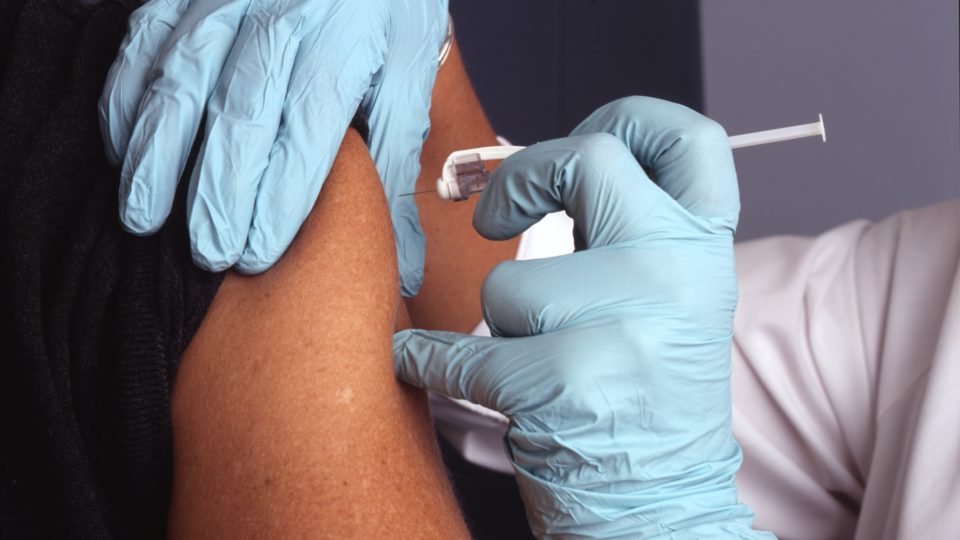After Pfizer’s announcement early this week about its promising COVID-19 vaccine, the Philippine Department of Health said today that it is looking into the possibility of paying for it in advance, a plan prohibited by the country’s procurement laws.
Health Undersecretary Maria Rosario Vergeire said in a virtual press briefing that they need the approval of President Rodrigo Duterte to make this possible. In September, the president said Western pharmaceutical companies “must be crazy” for asking for advance payments for a COVID-19 vaccine that has yet to be approved.
“We are talking about it now, and we have sought the assistance of the Office of the President so that we could have a clear direction if we could be exempted from the specific provision of the law [that says] we cannot pay until the orders are here,” she said in English and Filipino.
Read: Helping Hand: Philippine Charities Struggle in the Time of COVID-19
Republic Act 9184 or the Government Procurement Reform Act allows advance payments only upon the president’s approval and should not exceed more than 15% of the overall amount written in the contract. A government agency can give up to 50% advanced payment only if it is securing hotel and restaurant services, conference and exhibit areas, and office space.
“[As] we know many of the manufacturers and partners that we are negotiating with, they are requiring this advanced payment. We are discussing that now. We are studying how we could have a special exemption because of this pandemic,” Vergeire added.
The government official also added that storing the Pfizer vaccine could be an issue, as it needs to be kept at -70 degrees Celsius (-94F) or below. The Philippines currently doesn’t have the appropriate facility to meet this need.
Duterte said last night that his government intends to secure a US$300 million loan to purchase the vaccine for indigent Filipinos. However, he admitted that it would take a while for the vaccine to become available in the Philippines because he expects American company Pfizer and its German partner company BioNTech to prioritize their home governments’ needs first.
Pfizer has said that its vaccine is at least 90% effective and has reported no serious safety concerns about the drug. However, its clinical trials have yet to be fully completed.
The Philippines has the second-highest number of COVID-19 cases in Southeast Asia, with 399,749 cases, including 361,919 recoveries and 7,661 deaths.




